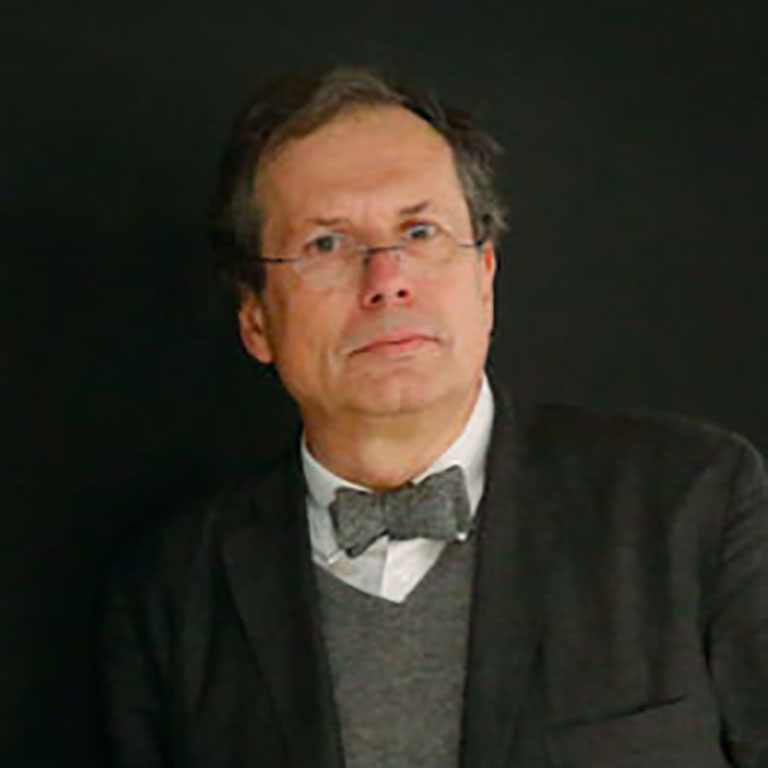A Visiting Fellow Lecture with Maurizio Ferraris
It wouldn’t be the first time that a contingent construct reveals the necessary structures of social ontology. Think of capital as it was theorized by Marx, who recognized in an instance of technology (the factory) the fundamental structure of the social dynamic, and the then more general aspects of it, independent of social contingencies. What the Web does better than capital (which is merely an economic-social phenomenon limited to a part of the world) is to reveal its globalized dimension, which offers resources for a much wider, deeper and fully postcolonial knowledge that goes way beyond the dimension of homo faber. But what is the Web? This presentation will suggest the following answers:
- The Web is mainly recording, not only communication. It doesn’t work only as a TV, a newspaper or a radio, but also as an archive.
- The Web is mainly action, not only information. It doesn’t merely archive knowledge, but it defines a space for social acts (promises, commitments, orders).
- The Web is mainly production, not only transmission. It doesn’t merely transmit what already exists; it constructs new social objects (documents, institutions, transactions).
- The Web is mainly real, not only virtual. It doesn’t merely provide a virtual extension to social reality; it progressively turns into the general backbone of social reality (marginalizing traditional political and economic institutions).
- The Web is mainly mobilization, not only emancipation. It doesn’t merely give its users new informative and expressive possibilities; it has turned into the tool to transmit orders and responsibilizations aimed at the performing of actions.
- The Web is mainly emergence, not only construction. It doesn’t merely realize the technical intentions of its programmers and the collective intentionality of the community it arises in; it develops based on its own autonomous finality that has to be understood.
- The Web is mainly opacity, not only transparency. It doesn’t merely reveal the structures of social reality; precisely because it reveals them (acting as a transcendental, that is, a condition of possibility) it escapes immediate knowledge.
Maurizio Ferraris is full Professor of Philosophy at the University of Turin, where he is the President of the LabOnt– Laboratory for Ontology. He was Fellow of Käte-Hamburger Kolleg “Recht als Kultur” (Bonn) and Honorary Fellow of the Center for Advanced Studies of South East Europe (Rijeka) and of the Internationales Zentrum Für Philosophie NRW. He has been Fellow of the Italian Academy for Advanced Studies in America and of the Alexander von Humboldt Stiftung. He has also been Directeur d’études of the Collège International de Philosophie and Visiting Professor at the École des Hautes Études en Sciences Sociales (Paris) as well as other European and American Universities. He is a columnist for La Repubblica, the Director of Rivista di Estetica, of Critique, of Círculo Hermenéutico editorial and of the Revue francophone d’esthétique. He wrote more than fifty books that have been translated into several languages. More information regarding the books published in English can be found on the ILS Colloquium website.
Dr. Ferraris's lecture is open to the IU community and the general public. This event is co-sponsored by the Departments of Information & Library Science and Informatics.
Refreshments will be served.


